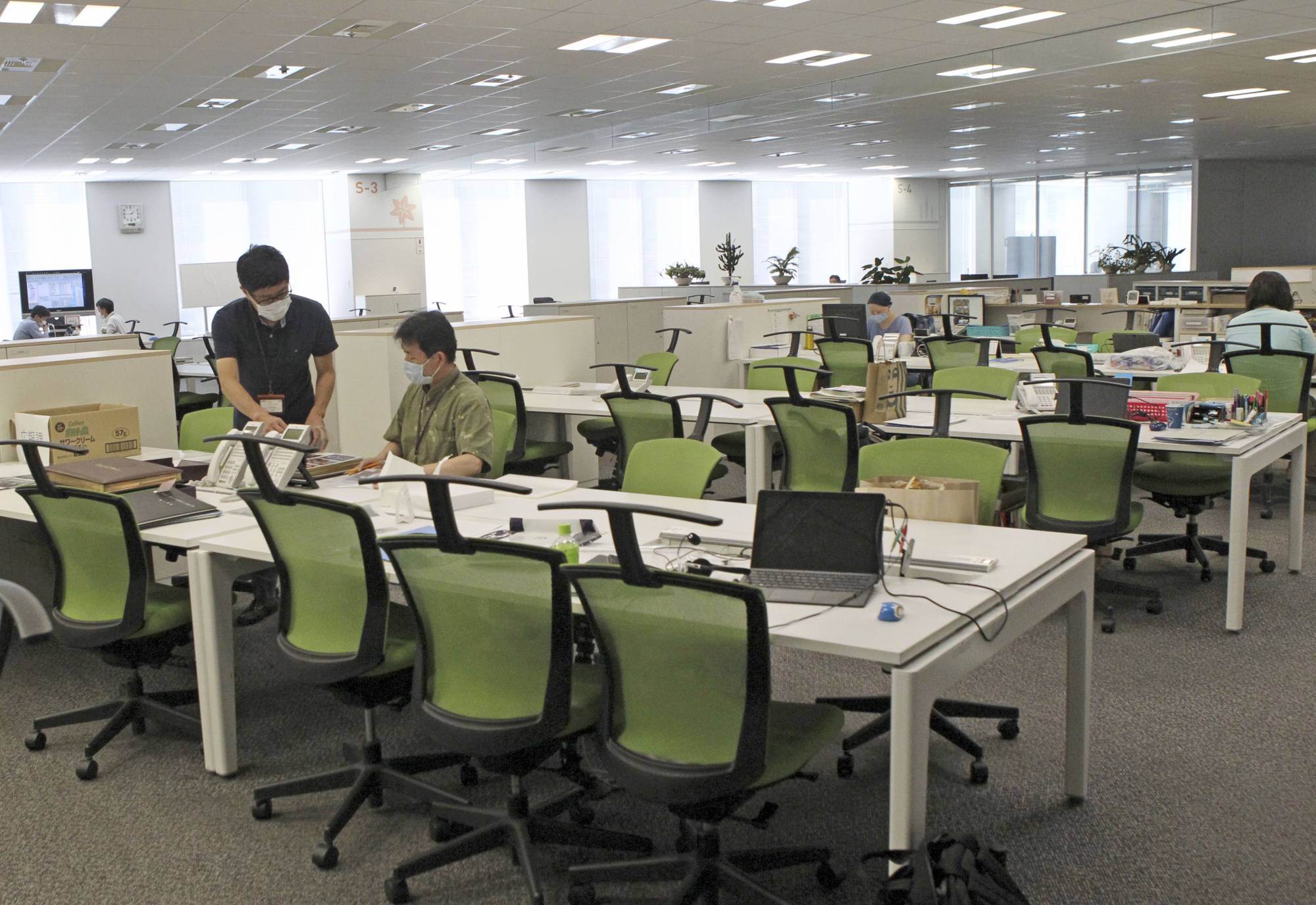The government’s latest report on karōshi (death from overwork) underscores a pressing need for Japan to make significant strides in enhancing its citizens’ work-life balance. This eighth mandated report, in accordance with the 2014 law on karōshi prevention measures, delves deep into the quality of sleep among both self-employed and corporate workers and its impact on their well-being. Extensive research has revealed that when the disparity between the desired and actual amount of sleep exceeds two hours per day, it can trigger a range of health issues. These issues encompass daytime drowsiness, difficulties in maintaining concentration, and various digestive and intestinal disorders. Additionally, this disparity may contribute to mental health challenges such as depression and anxiety.
Despite the government’s ongoing efforts to raise awareness about overwork, the report highlights a substantial nationwide concern regarding the health of many workers. Over 90% of self-employed and corporate workers express a need for at least six hours of sleep each night, yet the survey of nearly 10,000 respondents reveals that only approximately half of them are achieving this target.
Furthermore, the report reveals a correlation between the extent of work hours and the prevalence of sleep deprivation among individuals. A significant 78% of those laboring for 60 hours or more per week reported inadequate sleep, in contrast to 56% of those engaged in fewer than 20 hours, 64.5% of those working between 20 and 40 hours, and 71.1% of those toiling between 40 and 60 hours.
While the ideal amount of sleep can vary from person to person, the survey underscores the disconnect between these ideals and the reality of people’s sleep patterns. Approximately 45% expressed a need for seven to eight hours of sleep, followed by 28.9% who indicated a preference for six to seven hours, and 17.1% desiring more than eight hours. A mere 7.2% specified a requirement for five to six hours, while 1.4% stated a need for less than five hours.
However, in practice, 35.5% disclosed that they sleep for five to six hours nightly, while 35.2% manage to secure between six and seven hours of sleep. Another 15.7% reported achieving seven to eight hours, with 3.5% even exceeding this duration. A notable 10% acknowledged that they receive less than five hours of sleep.
The survey also revealed a significant association between sleep deprivation and emotional well-being, particularly in terms of depressive tendencies and anxiety, along with a general sense of unhappiness. As the report underscores, the larger the disparity between the desired and actual amount of sleep, the greater the likelihood of workers experiencing symptoms of depression.
Officials from the Ministry of Health urged employers to take more proactive measures in ensuring their employees receive adequate sleep, such as implementing minimum rest periods and intervals between shifts. While the law encourages the adoption of a “work interval system,” it’s important to note that this requirement lacks legal enforcement, and it doesn’t specify a fixed number of hours for the interval. In stark contrast, certain European countries legally mandate a minimum of 11 hours of rest between shifts for workers.
A survey conducted in 2022 among approximately 6,300 companies indicated that 17.1% of respondents were unaware of the interval rules, a notable increase from the 15.4% reported the previous year. This comes despite the government’s goal of reducing the percentage of such uninformed employers to 5% by 2025. Additionally, only 5.8% of companies had actually implemented the work interval system, falling considerably short of the 15% target set for 2025.
Mandated by the Law Promoting Measures to Prevent Death and Injury from Overwork, which took effect in 2014, the annual report on karōshi addresses the primary causes, such as heart attacks and strokes resulting from overwork, and work-related stress-induced suicides.
(Source: Tomoko Otake | The Japan Times)









